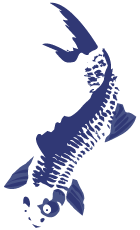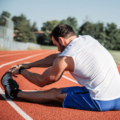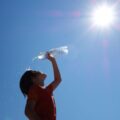A Chinese Medicine Perspective on Calf Injuries
World Cup fever is here, with the final fast approaching, combined with school holidays, families are outside kicking soccer balls around. It is wonderful to see.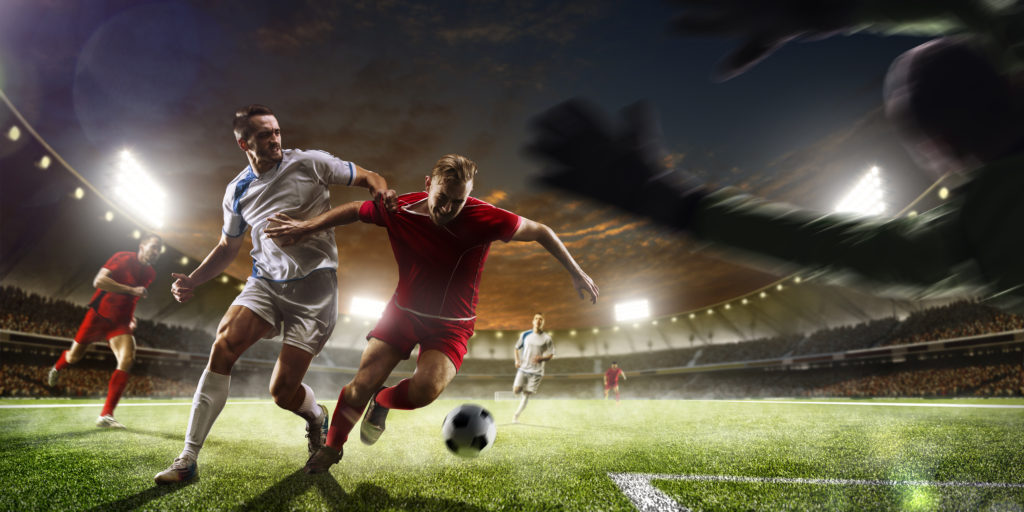
The downside of all the activity, is the possibility of calf injuries, for example. the gastrocnemius muscle (calf muscle) is a muscle located at the back of the lower leg. In Chinese medicine meridian theory, it is nourished by the liver channel.
The liver channel is sensitive to stress. So one reason for this injury could be fast paced, stress filled lives that most of us lead, especially over the school holiday period.
Stress
Stress can cause local and systemic stagnation which causes muscles stress and tension slows. In Chinese medicine, qi represents oxygenated blood. So when you are stressed blood stagnates and the muscles can’t be nourished. People often identify stress with shoulder and neck tension. But in Chinese medicine, the liver is very sensitive to stress and it is also in charge of ensuring the unrestricted movement of qi through the body. The liver channel starts on your big toe and goes up your calf, up your thigh, encircles the genitals (and goes over the ovaries in women). So when you are stressed, this can cause stagnation in your pelvic area. You may not feel it, but there might be symptoms. The liver is also responsible for the health of all the organs according to Chinese medicine. If the qi flow is impaired, it can cause stagnation and blockage to the body as a whole, which could result in muscle strain and pain.
How do I know if I strained my calf muscle?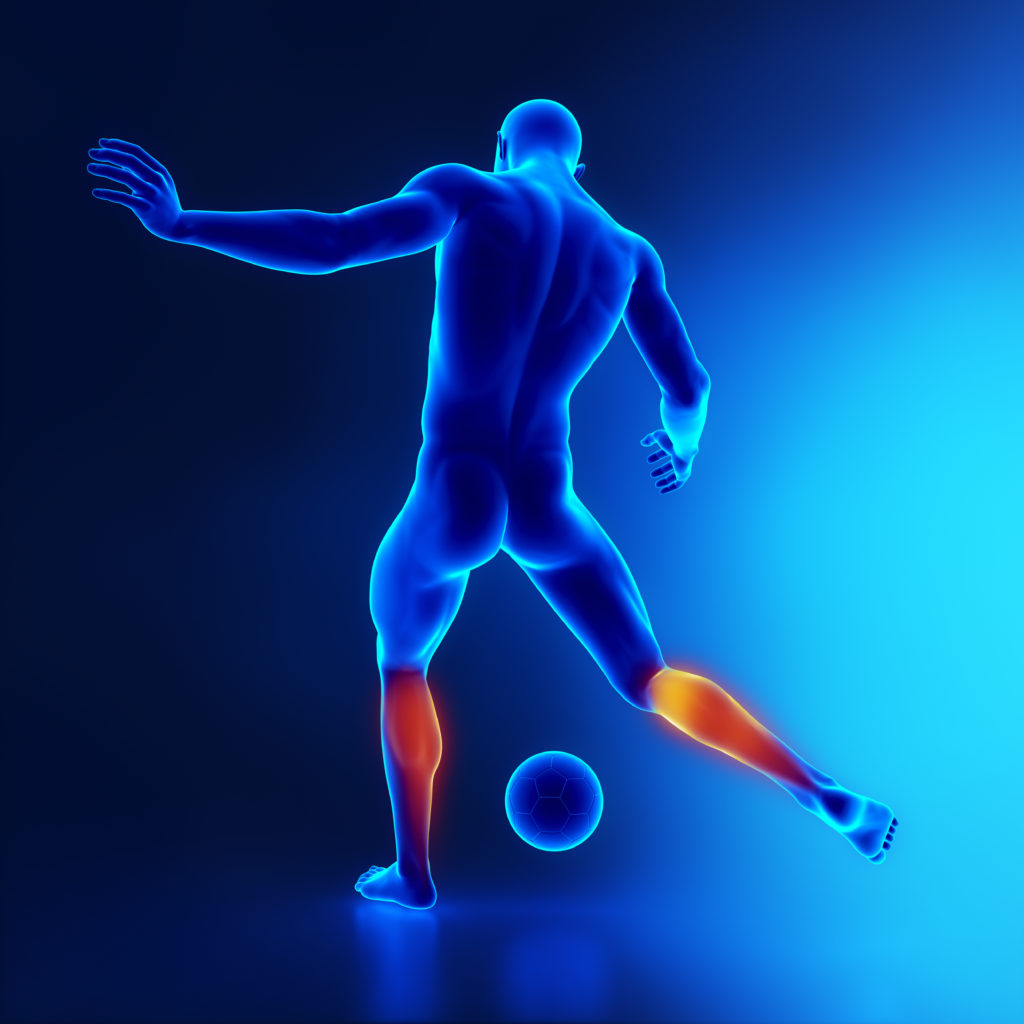
- Sudden pain at the back of the leg
- Pain, tenderness, swelling or bruising in the calf muscle, worse with movement
What to do if you have a calf injury?
- RICE for 2-3 hours after injury
- Liniment
- See your health care professional.
Chinese Medicine and Acupuncture
Acupuncture may assist with the healing process and help to prevent a future injury. This is due to the holistic approach taken by exploring the underlying condition. For example, if there is some heat (inflammation) in the body, this heat can consume fluids. If you think of the muscles like a sponge, they absorb qi and blood but if there is heat, the muscle will dry out. This could lead to a lack of blood to nourish the muscle (sponge). Therefore the underlying treatment principle would involve nourishing & lubricating muscles with blood to promote healing. Contact us if you would like more information.
Current Evidence for Acupuncture and Muscle Tension
McDonald JL, Cripps AW, Smith PK. Mediators, Receptors, and Signalling Pathways in the Anti-Inflammatory and Antihyperalgesic Effects of Acupuncture. Evid Based Complement Alternat Med. 2015;2015:975632
Linde K, Allais G, Brinkhaus B, Fei Y, Mehring M, Shin BC, et al. Acupuncture for the prevention of tension-type headache. Cochrane Database Syst Rev. 2016;4:Cd007587
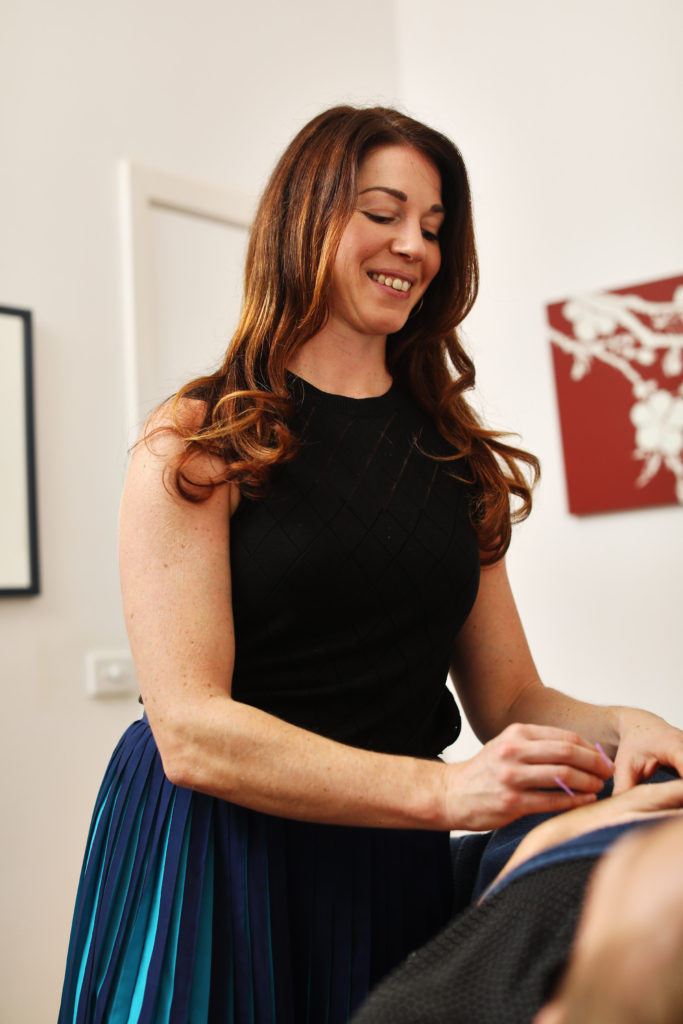
Written by Jane Ferguson Gardenvale Chinese Medicine
